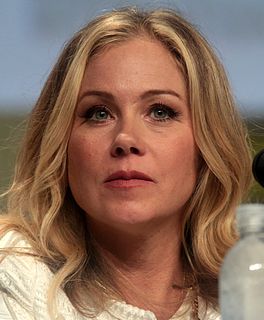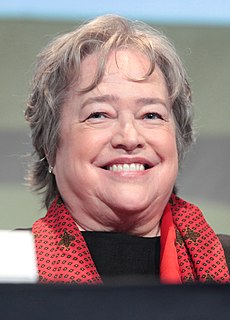A Quote by Iskra Lawrence
Obviously, breast cancer is very much out there but cervical cancer isn't talked about as much because there's a bit more of a stigma around it. Certainly that's something I want to make sure that young girls know.
Related Quotes
One of the pitfalls about writing about illness is that it is very easy to imagine people with cancer as either these wise-beyond-their-years creatures or these sad-eyed tragic people. And the truth is, people living with cancer are very much like people who are not living with cancer. They're every bit as funny and complex and diverse as anyone else.









































